Sea buckthorn and its benefits
An excellent herb full of vitamins
Scientific name: Hippophae
It is one of the oldest plants on Earth. Its presence dates back to long before the ice age. It is found in coastal areas, but also in semi-desert or mountainous areas. Its fruits look like small grapes, are orange and juicy and have a sour taste. According to the "International Research and Training Center for Sea Buckthorn", the plant thrives and is cultivated in Europe and Asia.
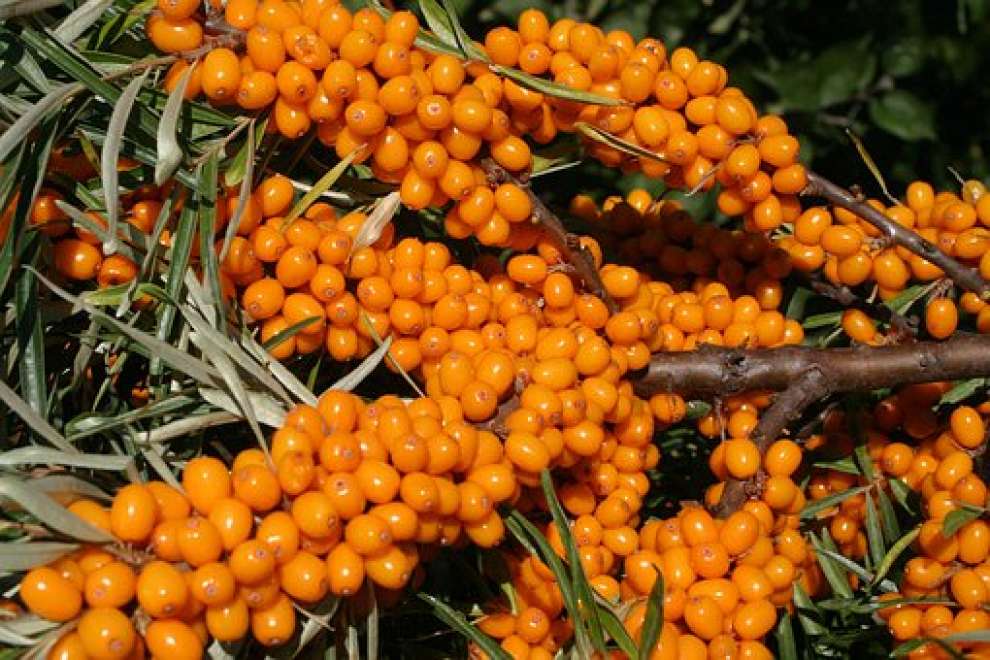
Although in modern Greece sea buckthorn is used in recent years, in antiquity its use was very widespread. Relevant references exist in texts of Theophrastus, a student of Aristotle, but mainly of Dioscorides, the father of Pharmacology. It owes its name to the troops of Alexander the Great, who noticed that the sick and wounded horses that ate the leaves and fruits of the plant recovered faster, gained more strength, while their hair grew stronger and brighter. They called it sea buckthorn, which in modern Greek means bright, shining horse (horse: horse, phaos: light, shine).
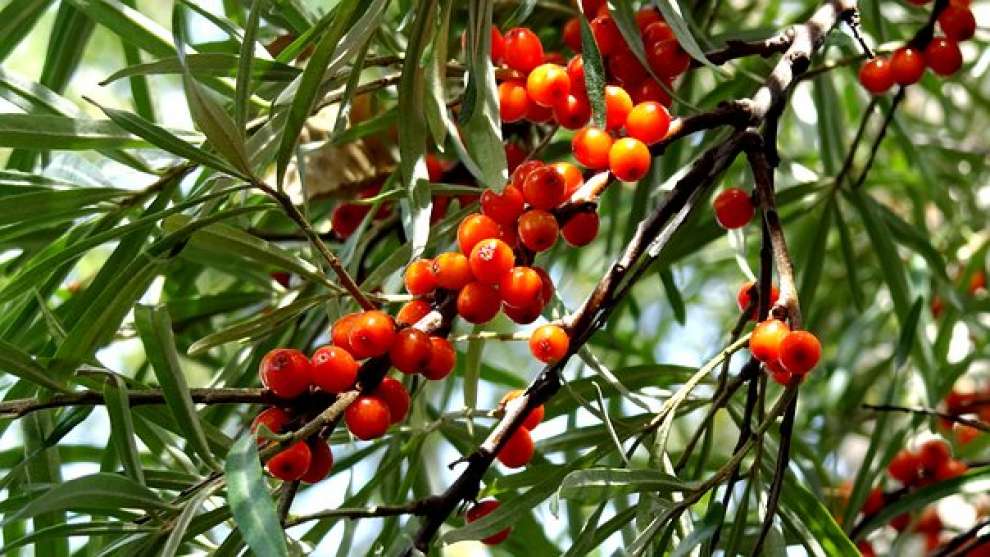
It is included in the category of "super foods". According to Russian and Chinese scientists, sea buckthorn contains 190 valuable substances, most of which have strong antioxidant activity. According to researchers, the most important scientific finding for sea buckthorn is not only that it contains valuable substances for human health, but also that both their concentrations and their combination have been combined by nature in such a way as to offer the best possible coverage in the human body.
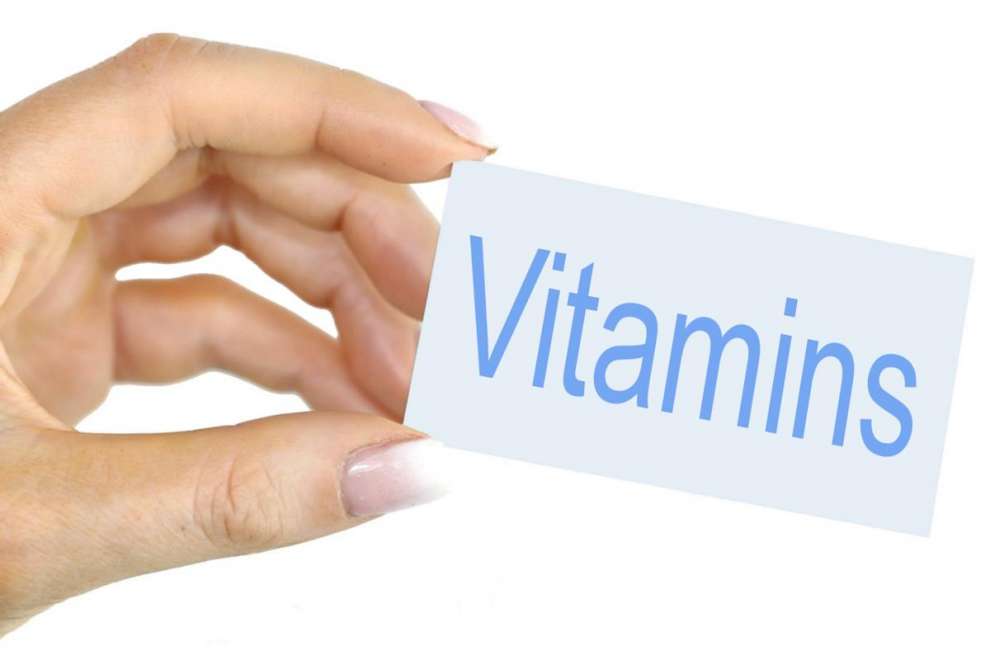
Sea buckthorn contains a unique combination of antioxidants that act as a preventative against aging, cardiovascular disease and cancer. In particular, it contains, inter alia:
Vitamin C: Contributes to the absorption of iron, helps in the formation of collagen in the skin, in the healing of wounds, in the repair of tissues and strengthens the body's defenses.

Vitamin E: Slows down the aging of cells, helps oxygenate tissues and strengthens the genital system. Accelerates wound healing and protects against atherosclerosis.
Vitamin A: Maintains eye and skin health.
All minerals: Calcium, magnesium, iron, phosphorus, copper, potassium, selenium and zinc. They are essential for mental and physical health. Like vitamins, they act as catalysts in many biological reactions and their functions are interrelated. Selenium and copper have very strong antioxidant activity.
Carotenoids: To a large extent prevent the oxidation of cells and their destruction. Sea buckthorn contains β-carotene, which is a precursor of vitamin A, as well as lycopene (anti-cancer effect), α-carotene, zeaxanthin (prevention against senile macular degeneration) and lutein. Sea buckthorn often contains carotenoids in larger quantities than any other plant, depending on the area in which it is grown.
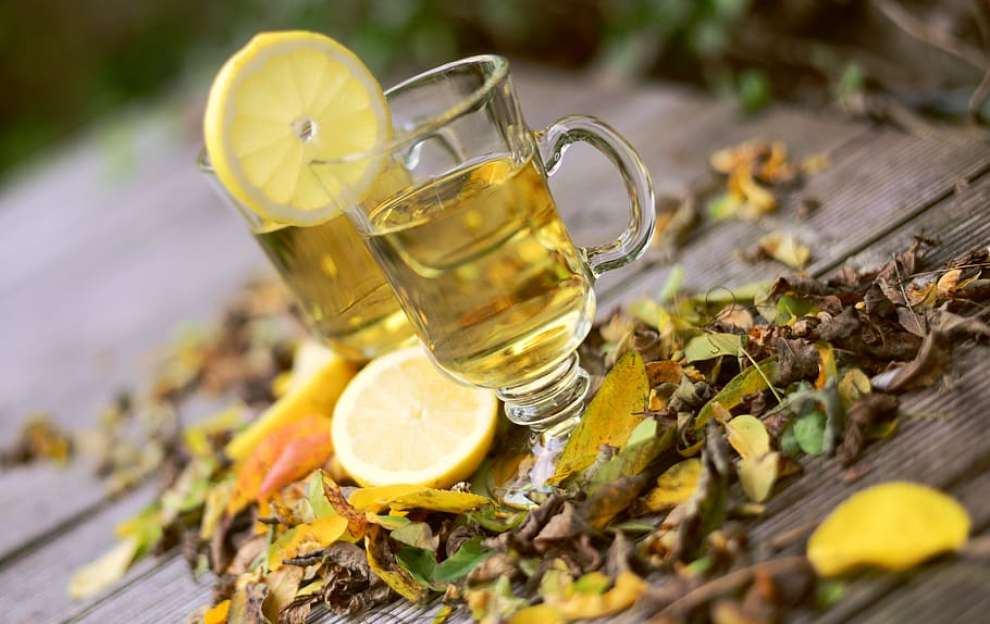
Polyunsaturated fatty acids: Specifically: omega-3 (linolenic acid), omega-6 (linoleic acid), omega-7 (palmitic acid), omega-9 (oleic acid). Sea buckthorn is considered by Russian and Chinese scientists to be the richest source of vegetable fatty acids, which are essential for the proper functioning of the brain, nervous, immune and reproductive systems, while protecting against cardiovascular disease, lowering blood levels. blood and have both strong anti-inflammatory and antioxidant action. Omega-7 fatty acids are mainly of animal origin. It has been found only in the oil of the macadamia plant, but in concentrations 2 times lower than those found in sea buckthorn. Omega-7 has antiviral, antibacterial, healing and anti-aging effects.
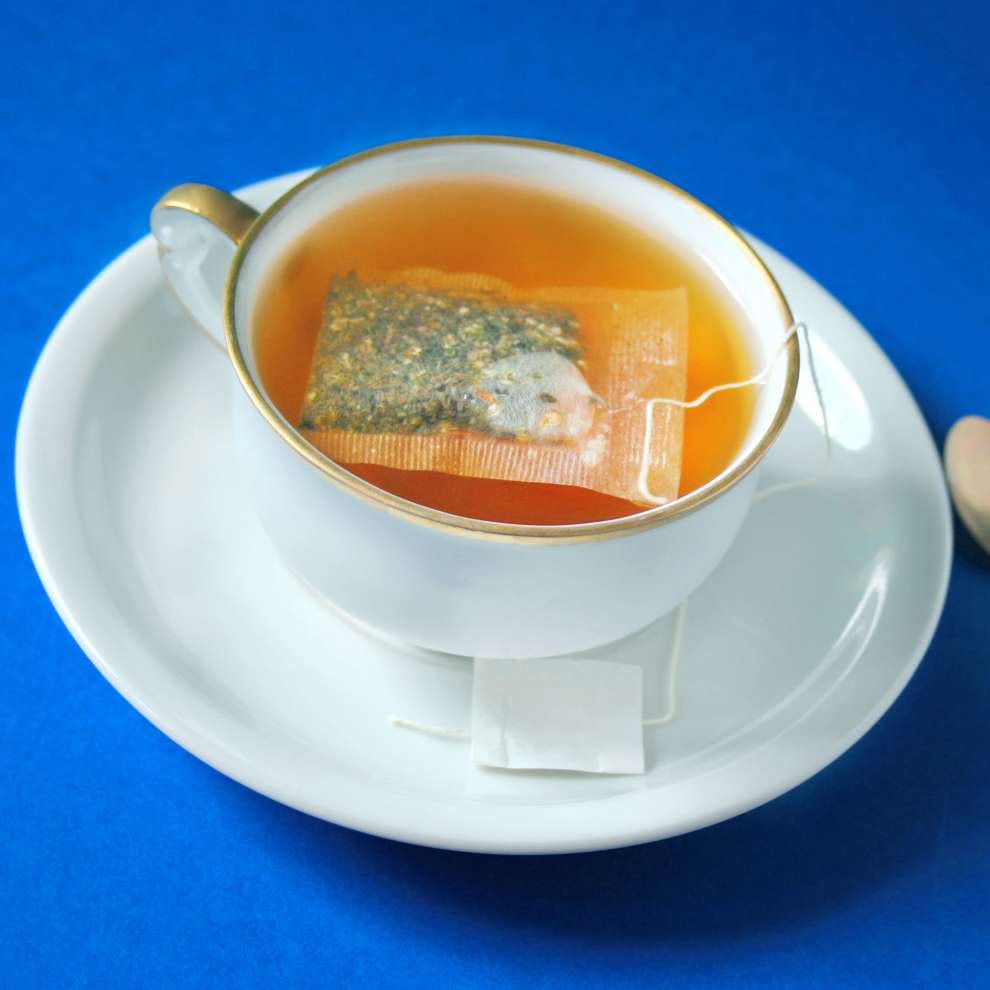
It is also a source…
B vitamins: They help the proper functioning of the nervous and muscular system, but also the heart. They are involved in the synthesis of enzymes and in the metabolism of fats, proteins and carbohydrates. They help in growth and reproduction, take care of the health of hair, nails and skin.
Vitamin D: Helps in the metabolism of calcium, phosphorus and magnesium in the body and their incorporation into the bones, contributing to their health.
Vitamin K: Plays a key role in blood clotting and helps in the formation of bones and their reconstruction.
β-sitosterol: Belongs to a group of sterols found only in plants. It has been shown that alone or in combination with other plant sterols it lowers the levels of bad cholesterol in the blood. It also protects against prostatic hyperplasia, and there is evidence that it protects against cancer.
Flavonoids: These are substances found only in plants and have similar antioxidant properties to those of vitamins C, E and A.
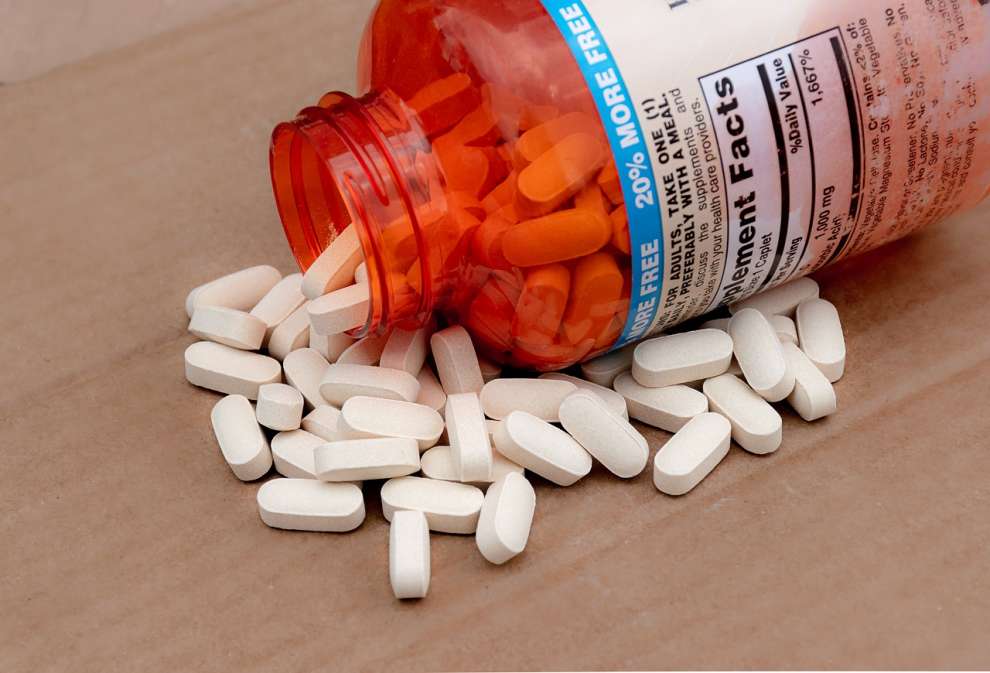
Image by: https://besttestosteronebooster.com/
It offers to the organism:
1. Stimulation, well-being and energy, fast recovery and wound healing.
2. Strengthen the immune system, protect against cancer.
3. Protection and strengthening of the nervous system, reduction of stress.
4. Regulation of metabolism and weight reduction.
5.Treatment of prostatic hyperplasia, liver disease, as well as gastrointestinal problems, such as ulcerative colitis, esophagitis, Crohn's disease.
6. Protection from cardiovascular problems, reduction of bad cholesterol and blood sugar, protection of blood vessels, enhancement of blood circulation.
7. Relief of menopausal symptoms, period pains and protection of the reproductive system.
8. Tissue and cell repair after extensive radiation exposure.
9. Preventive action against eye diseases, such as cataracts and macular degeneration.
1O. Detoxification of the body, oxygenation and renewal of cells, treatment of premature aging.
11. Treatment of skin problems, such as acne, discoloration, eczema, burn, psoriasis, eczema.
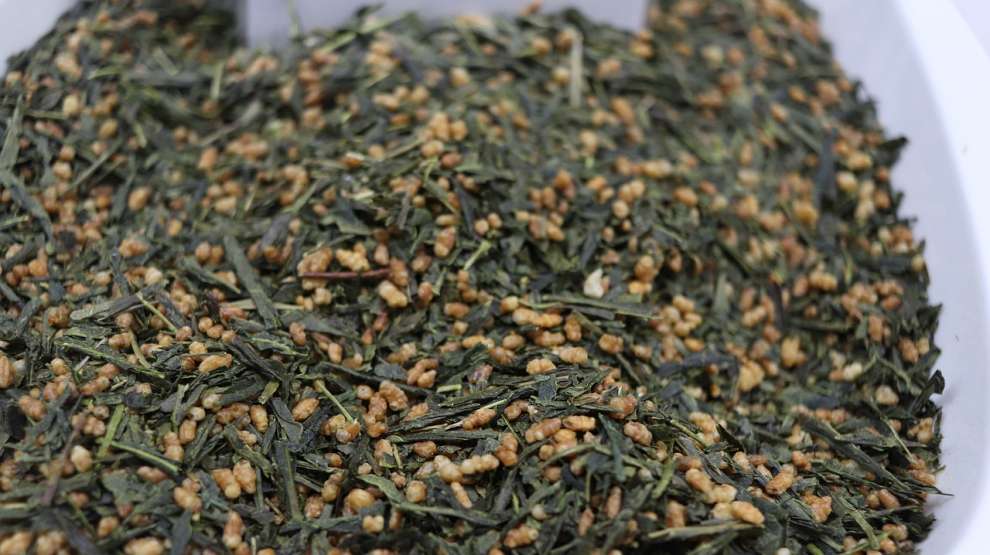
You can find it and eat it dried, some fruits every day. You can make a dried fruit tea or infusion. You also find it in the form of concentrated juice, in alcoholic beverages, in jams and in oil which is both edible suitable for both indoor and outdoor use. It is also available as a dietary supplement, in juice or in tablets. Always use it following a balanced diet.

 English
English
 Ελληνικά
Ελληνικά Русский
Русский









 Posted by
Isabella Ziova
Posted by
Isabella Ziova






